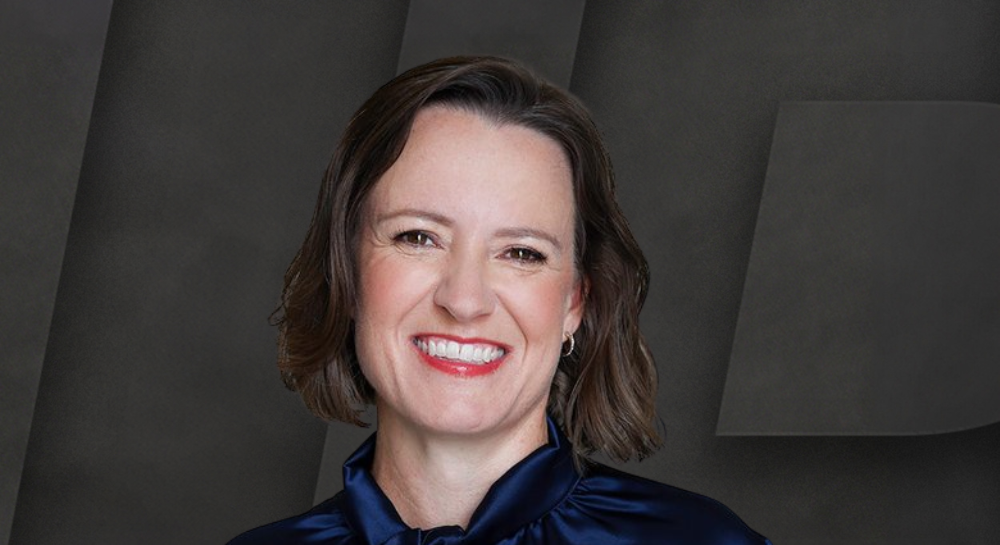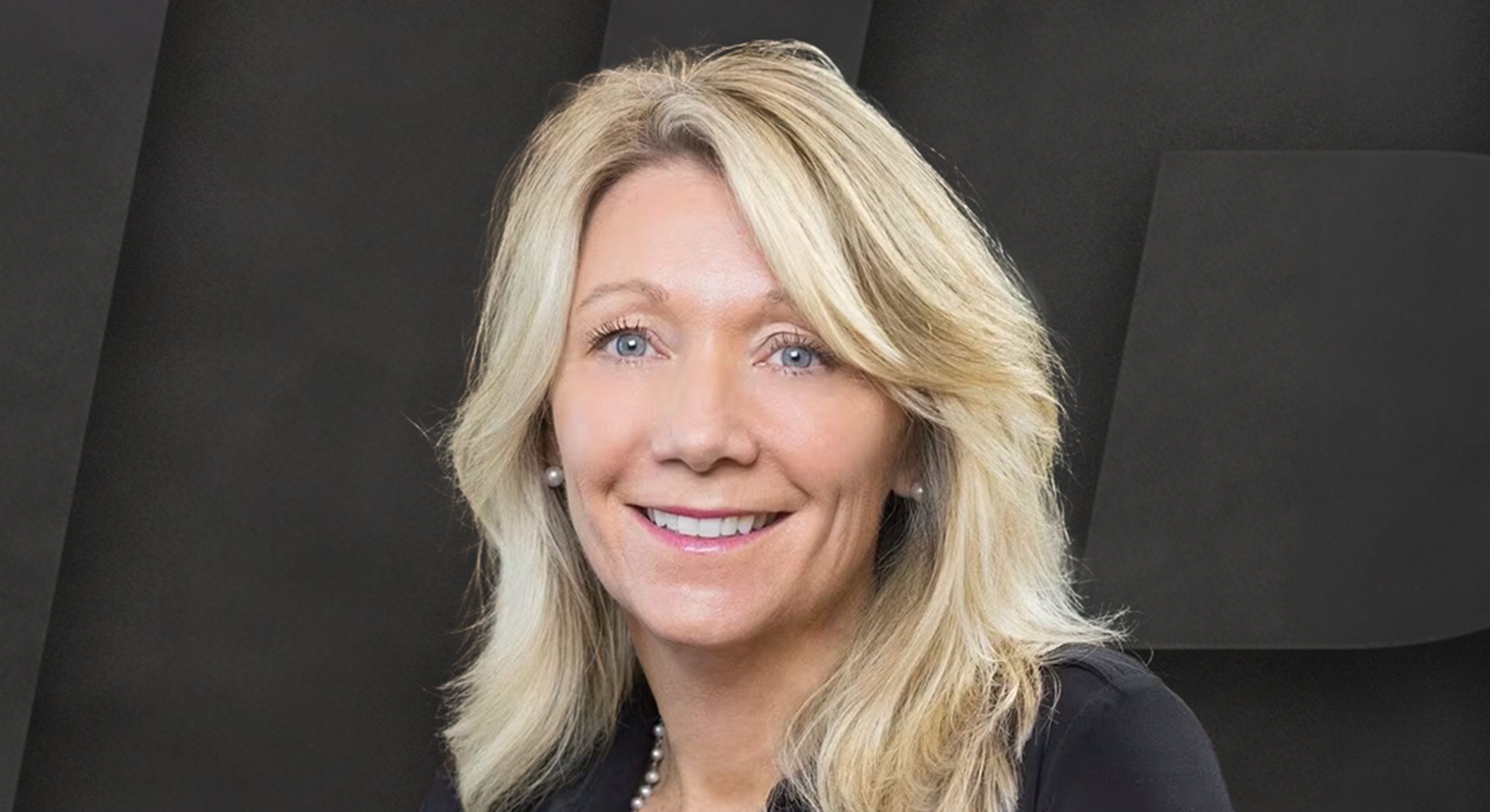EP 66 — Albers Aerospace’s John Albers on Vertical Integration Approach Solving DIB Gaps
by Chris Petersen on 2025 | 06

The defense industrial base faces a manufacturing crisis that goes far deeper than workforce shortages, and John Albers, President/CEO of Albers Aerospace has positioned his company at the center of solving it. He grew Albers Aerospace from solo systems engineering to a $10 million vertically integrated manufacturer through 12 strategic acquisitions, all funded internally without outside investment until late 2024. His approach reveals how speed, strategic diversification, and long-term thinking can build resilient defense manufacturing capabilities even as traditional approaches struggle with slow cycles and demographic challenges.
John tells Dave that he attributes his business philosophy to reading Warren Buffett's shareholder letters repeatedly after his first business venture failed. Rather than taking distributions, he focused on building company value through acquisitions that provided both capability and customer diversification. The strategy proved prescient as his company evolved from services into weapons manufacturing, now producing components for F-35, F-16, and multiple missile programs while maintaining aircraft integration capabilities through recent acquisitions.
Topics discussed:
- Strategic acquisition approach that prioritizes customer value over traditional ROI calculations, resulting in 12 company purchases funded through internal cash flow and moderate leverage rather than external investment.
- Advanced manufacturing integration combining robotics, digital engineering, and traditional machining to maintain competitiveness while addressing skilled workforce shortages through 21-hour automated operations.
- Three-vertical business model balancing industrial manufacturing, defense services for predictable cash flow, and innovation incubation to develop scalable solutions across the organization.
- Defense industrial base classification challenges where companies face punitive size restrictions that prevent natural growth from small to large contractor status, limiting competition and industrial capacity.
- Workforce development crisis stemming from elimination of vocational training programs, creating artificial scarcity in trades that will drive wage premiums and entrepreneurial opportunities for skilled workers.
- Leadership philosophy adaptation from military servant leadership principles to business contexts, emphasizing individual thinking and leadership at every organizational level rather than hierarchical command structures.
- Weapons manufacturing diversification strategy touching major programs through specialized components rather than platform-specific focus, providing resilience against program cancellations and budget fluctuations.
- Veteran transition challenges requiring complete professional identity reconstruction rather than translating military experience directly into civilian business contexts, emphasizing humility and continuous learning.
- Manufacturing cycle management addressing the extended timelines from quoting through material procurement to delivery, requiring sophisticated financial planning and pricing strategies to maintain profitability.
- Customer-centric problem solving approach that prioritizes understanding client pain points over presenting predetermined solutions, leveraging acquisition experience to maintain customer perspective throughout business growth.
Listen to more episodes:
Guest Quote:
“I joke around with people like, if I could be in the toilet paper business, man, I'd be in the toilet paper business. It's recession proof. So I try to take the corollary like, I want to be in the stuff in the defense industrial base. It's just a grimy, got to happen all the time. That's where you want to be. The stuff we're in is not that sexy, but it's stuff that's got to get done. And if you're in that, you're probably going to weather the storms better. And ultimately you have to build resilience as a business.”
You May Also Like
These Related Stories

EP 69 — Venus Aerospace's Sassie Duggleby on Mach 5 Flight With No Moving Parts

EP 7 — SAS's Heather Bulk on Building a Diverse and Passionate Workforce in the DIB



No Comments Yet
Let us know what you think